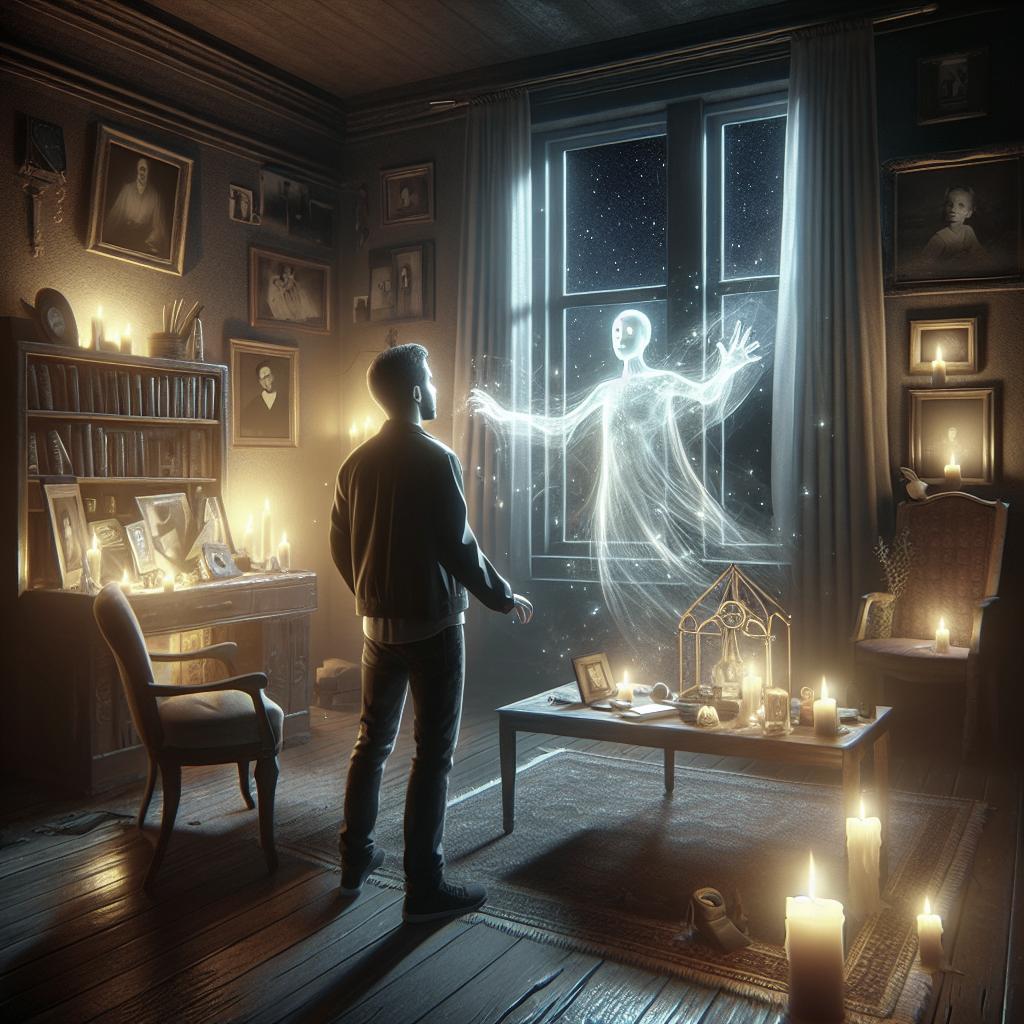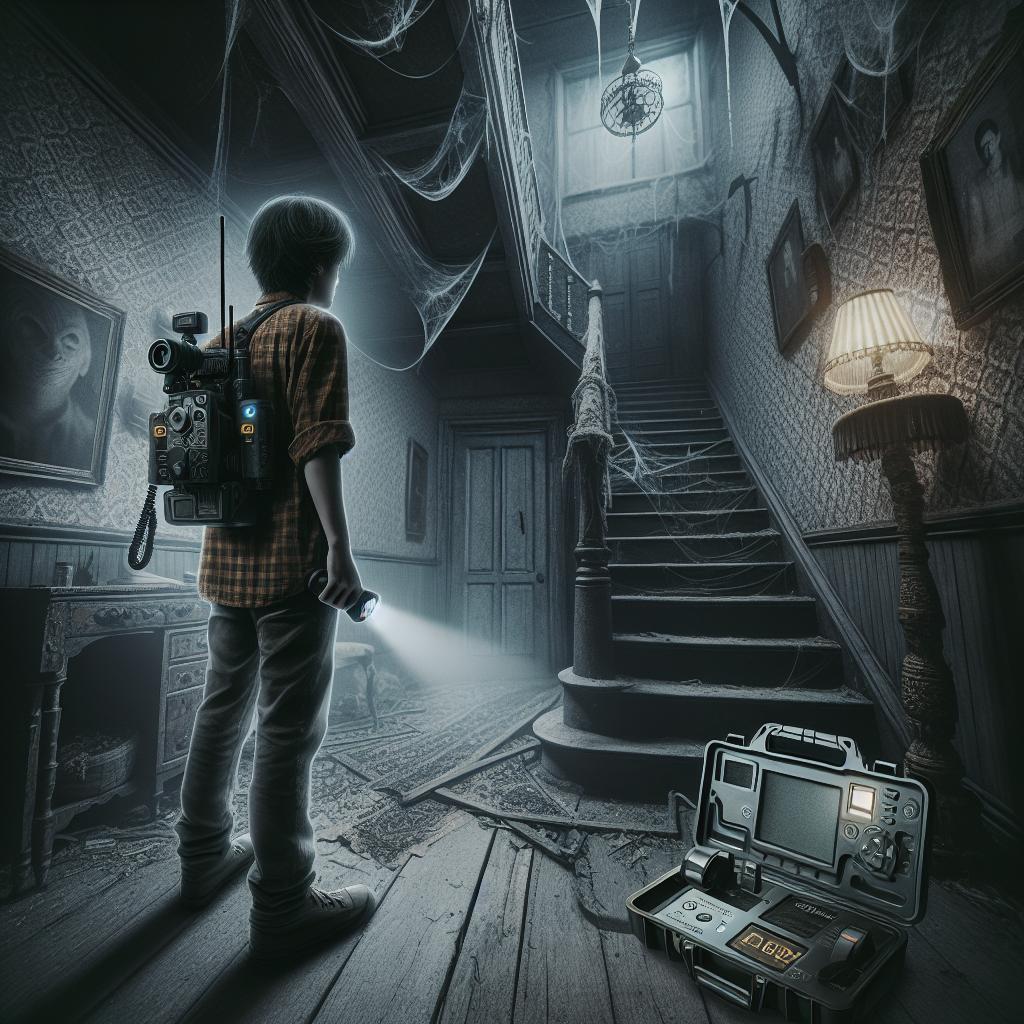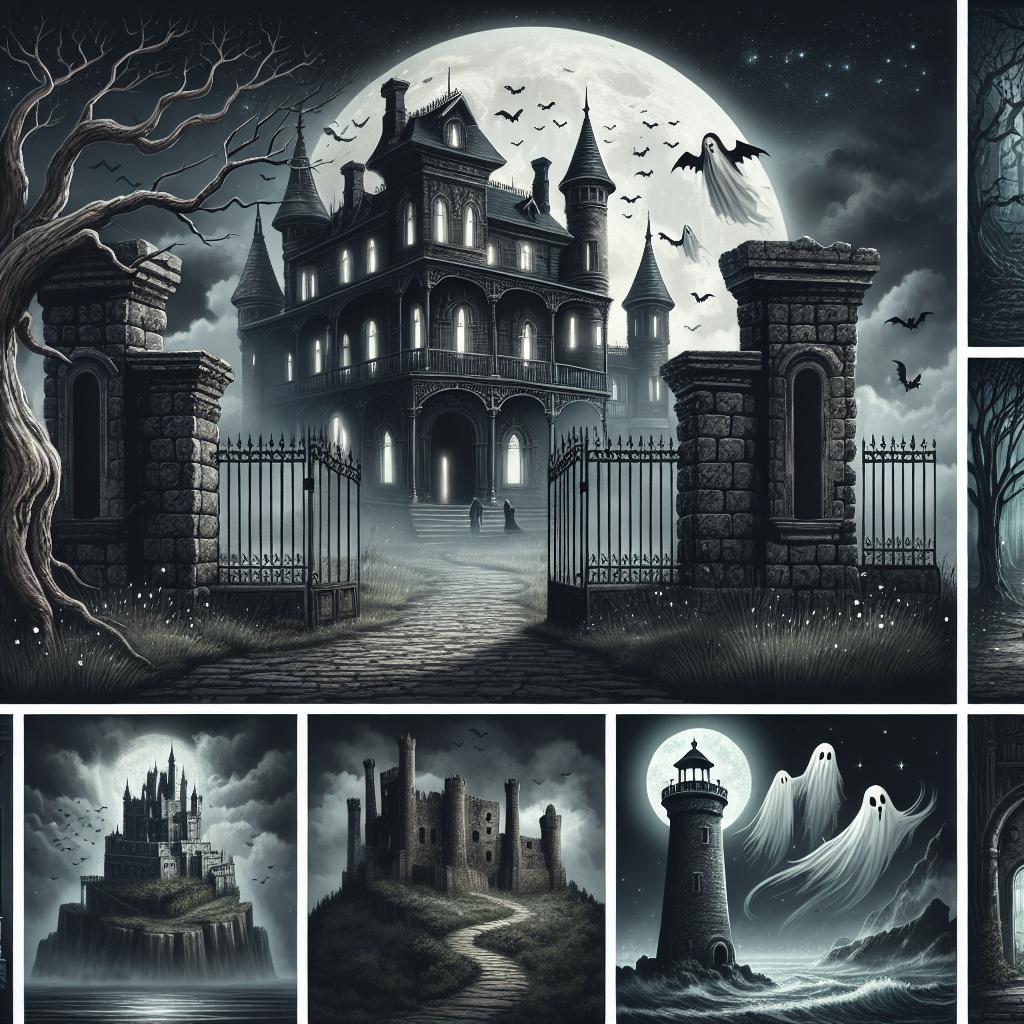“`html
How Personal Experiences Shape Beliefs in the Paranormal
Personal experiences can have a profound impact on an individual’s beliefs, particularly when it comes to the paranormal. This article delves into how encounters and anecdotes shape perceptions of ghosts, UFOs, and other supernatural phenomena. We’ll examine current statistics on belief in the paranormal, hear insights from expert Prof Richard Wiseman, and consider the roles of scientific literacy and media in shaping these beliefs. Through a thoughtful exploration of these facets, we aim to provide a comprehensive understanding of why certain individuals choose to believe in the paranormal when others remain skeptical. For those interested in the intersections of psychology, culture, and the supernatural, this exploration offers key takeaways on the powerful influence of personal experience.
Paranormal Beliefs Are Common in U.S.
Belief in the paranormal is far from rare. Recent surveys suggest that a significant portion of the U.S. population holds such beliefs. In fact, a study by Gallup indicated that over 45% of Americans believe in ghosts, while around 21% claim to have seen a ghost themselves. The popularity of TV shows, movies, and literature featuring supernatural themes is a testament to this widespread fascination with the paranormal. Such beliefs are often influenced by personal experiences, which enhance the depth of these convictions.
These personal encounters with the inexplicable—be it strange noises in the dead of night or unexplainable coincidences—often lead individuals to question the boundaries between reality and the supernatural. Through recounting these occurrences, people find validation and community in shared stories, bolstering both belief and interest in the paranormal. The nature of these experiences—whether fleeting shadows or momentous encounters—plays a critical role in the formation of these beliefs.
About our expert, Prof Richard Wiseman
Prof Richard Wiseman is a renowned psychologist known for his research into the quirks of human perception and belief systems. His work has provided critical insights into why some individuals are more inclined to believe in the paranormal than others. Wiseman’s research highlights the influence of cognitive processes, illustrating how our brains can be hardwired to see patterns and make connections that have no basis in reality.
According to Wiseman, individuals not only rely on personal experiences when forming paranormal beliefs but also on the reactions of those around them. The social dynamics in play can intensify belief, especially when experiences are validated by peers, thereby normalizing these occurrences as genuine paranormal events. Wiseman’s extensive studies offer a framework for understanding how personal anecdotes contribute to a broader context of belief.
The Role of Scientific Literacy
Scientific literacy can significantly shape a person’s likelihood of believing in the paranormal. Individuals with a higher understanding of the scientific method and critical thinking skills are generally less prone to attribute unknown phenomena to supernatural causes. They are more inclined to seek empirical explanations, preferring to probe the natural world for answers rather than turning to mysticism or the paranormal.
However, for those less scientifically inclined, personal experiences can easily foster and reinforce belief in the paranormal. Without a framework for skepticism, these individuals may accept their experiences at face value, interpreting them as proof of ghosts or other entities. While scientific literacy isn’t solely determinative, it serves as a vital tool in evaluating extraordinary claims with a more discerning lens.
The Role of the Media
The media plays a pivotal role in shaping and perpetuating beliefs in the paranormal. Television shows, movies, podcasts, and online platforms often sensationalize and dramatize supernatural occurrences to captivate audiences. This exposure can validate personal experiences and normalize the belief in paranormal activity, influencing societal perceptions.
Moreover, social media provides a platform for users to share their paranormal experiences, find like-minded communities, and collectively discuss and reinforce these beliefs. The echo chamber effect can intensify beliefs as people become more immersed in content that supports their experiences, blurring the lines between reality and fiction and creating a fertile ground for paranormal folklore to thrive.
Share this:
If you found this article interesting, don’t forget to share it on your social media platforms. Let’s spread mindful insights on how personal experiences influence beliefs in the supernatural!
Related
- The Science Behind Psychic Phenomena
- Understanding UFO Sightings: A Psychological Approach
- How Technology is Changing the Creation of Ghost Stories
Key points
- Paranormal beliefs are deeply rooted in personal experiences and cultural narratives.
- Scientific literacy plays a crucial role in shaping one’s skepticism towards the paranormal.
- The media, especially social media, significantly influences and propagates belief in the supernatural.
- Expert insights provide a deeper understanding of cognitive perceptions behind paranormal beliefs.
Lessons Learned
| Aspect | Insights |
|---|---|
| Personal Experience | Central to belief in the paranormal; experiences can be subjective and highly individual. |
| Scientific Literacy | Influences the ability to critically evaluate supernatural claims; inversely correlated with paranormal belief. |
| Media Influence | Media shapes social narratives and reinforces or challenges existing beliefs through storytelling and evidence presentation. |
| Cognitive Research | Understanding human perception helps explain why some may gravitate more naturally towards paranormal beliefs. |
“`


